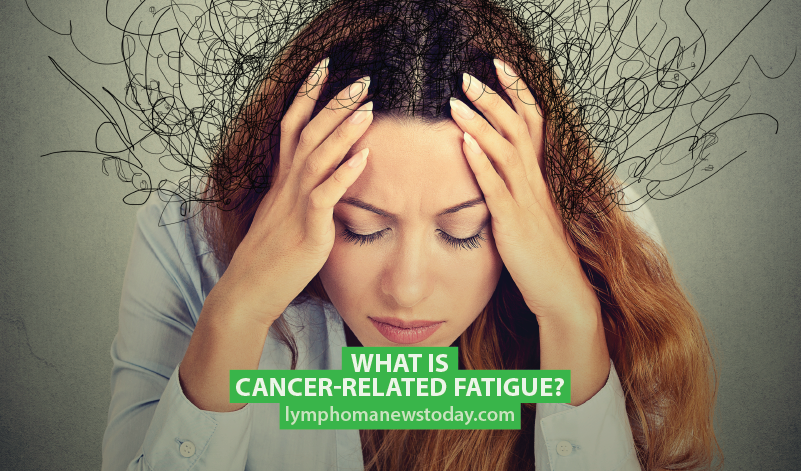How Is Cancer-Related Fatigue Characterized?
For healthy individuals, occasional fatigue is normal and can be relieved with sleep and rest. For cancer patients, fatigue is very different and can be overwhelming.
Cancer-related fatigue is characterized by a lack of energy that strikes every day, accompanied by low strength and excessive exhaustion in the whole body. Different from feeling tired, cancer-related fatigue is not a consequence of any activity or exertion, and it cannot be treated with rest or sleep.
According to the Lymphoma Research Foundation (LMF): “Cancer-related fatigue is the most common symptom experienced by cancer patients. Most patients consider fatigue to be one of their most distressing symptoms, which can often disrupt a patient’s normal routine and even cause changes in their work status.”
Learn more about cancer-related fatigue in an animated video.
Throughout history, cancer-related fatigue has been under-reported, under-diagnosed, and under-treated but a new focus on the everyday, common symptom is bringing new light to the problem.
Numerous factors cause cancer-related fatigue. Included is the disease itself, medication, nutritional problems, pain, stress, metabolic alterations, anxiety, insomnia, depression; or treatments such as chemotherapy, biologic therapy, radiation therapy or stem cell transplants.
For lymphoma patients, cancer-related fatigue can also be a result of anemia.
How Does Cancer-Related Fatigue Affect Lymphoma Patients?
According to LMF, cancer-related fatigue causes symptoms such as extreme weariness and overall lack of energy even after sleeping.
Muscle weakness – especially in the arms and legs, difficulty climbing stairs or walking short distances, shortness of breath, and difficulty performing simple tasks like cleaning, cooking, making the bed or showering can negatively interrupt daily activities.
Difficulties with concentration and decision-making, frustration, moodiness, irritability, or just waking up tired after a full night’s sleep can zap a patient of their sense of control and wellbeing.
Some patients don’t talk about their fatigue with their physician because they think it’s a normal part of dealing with lymphoma – but discussing the issue with the doctor is extremely important for determining if deeper health issues are present.
Listen to a lymphoma patient talk about her experience with cancer-related fatigue.
In order to confirm the diagnosis of cancer-related fatigue, physicians may request tests. The tests help determine the exact causes for the fatigue; which is why it is important that patients be specific when reporting fatigue levels, moments when it happens, and activities most likely to cause it.
Cancer-related fatigue can be different from patient to patient and can have extremely negative consequences on patients’ lives. The severity and duration of cancer-related fatigue depends on the type and length of lymphoma treatment and the patient’s overall health.
Learn more about cancer-related fatigue here.
Lymphoma News Today is strictly a news and information website about the disease. It does not provide medical advice, diagnosis, or treatment. This content is not intended to be a substitute for professional medical advice, diagnosis, or treatment. Always seek the advice of your physician or other qualified health provider with any questions you may have regarding a medical condition. Never disregard professional medical advice or delay in seeking it because of something you have read on this website.


